CCPC PARTICIPATES IN THE INAUGURAL INVEST-ZAMBIA INTERNATIONAL CONFERENCE (IZIC) 2025
2025-07-18
The Competition and Consumer Protection Commission (CCPC) is participating in the ongoing inaugural Invest Zambia International Conference (IZIC) 2025, taking place from 16th to 18th July at the Mulungushi International Conference Centre in Lusaka.
The IZIC2025 conference was officially launched yesterday by Republican President Mr. Hakainde Hichilema, who underscored Government’s commitment to fostering a stable, predictable, and investor-friendly environment.
In his keynote address, President Hichilema called for enhanced joint ventures and partnerships to accelerate Zambia’s economic transformation and industrial growth, emphasizing the need for transparent and efficient market systems.
The conference has brought together over 2,000 international delegates including investors, policymakers, industry leaders, and development partners under the theme “Driving Generational Transformative Investments through Joint Ventures and Partnerships.”
As Zambia positions itself as a competitive investment destination, CCPC remains committed to ensuring fair competition and consumer welfare in an evolving economic landscape.
CCPC’s senior staff led by the Executive Director, Mrs. Eunice Phiri Hamavhwa‘s participation at IZIC 2025 reflects the institution’s mandate to promote a business environment where markets function efficiently, and partnerships thrive on the principles of transparency, fairness and accountability.
Delegates are encouraged to visit the Ministry of Commerce one stop shop through which CCPC is exhibiting and learn more about fair competition as we foster investor confidence.
CCPC
CCPC CONCLUDES A 3 DAY BUSINESS ETIQUETTE TRAINING
2025-07-09
The Competition and Consumer Protection Commission (CCPC) successfully concluded a three-day Business Etiquette training workshop yesterday conducted by the National Institute of Public Administration (NIPA).
The training which ran from 09th July to 11th July 2025 aimed at developing professional communication, presentation and conduct skills appropriate for formal workplace and stakeholder settings.
The training focused on key areas such as;
- Business language and meeting etiquette
- Email and digital communication etiquette
- Phone etiquette and voice communication
- Verbal and non-verbal communication
- Business dress and personal presentation
- Formal conduct with stakeholders
CCPC is committed to applying these principles in day-to-day operations, further solidifying its reputation as a forward-thinking institution.
CCPC
EXCITEMENT IS BUILDING BY THE MINUTE HERE AT THE ZAMBIA INTERNATIONAL TRADE FAIR!
2025-07-04
Yesterday, the Minister for Small and Medium Enterprises, Honourable Engineer Elias Mubanga MP, accompanied by Permanent Secretary Mrs. Subeta K. Mutelo, visited the Ministry of Commerce, Trade and Industry’s one-stop shop.
This visit followed their attendance at a business seminar organised by the Zambia International Trade Fair.
The purpose of the visit was to encourage the regulatory institutions under the Ministry, highlighting their vital roles as enablers of a healthy business environment thereby contributing to the growth of the economy and acknowledging the significant contributions each makes toward realising the vision for SMEs and businesses.
During the visit, the Minister engaged in a productive discussion with our Executive Director Mrs. Eunice Phiri Hamavhwa about CCPC’s mandate and explored ways we can continue to support various sectors effectively.
CCPC
CCPC ENGAGES SCHOOL CLUBS TO BOOST CONTINUED AWARENESS
2025-07-03
Yesterday, 02nd July 2025, the Competition and Consumer Protection Commission (CCPC) through the Research and Education Unit, visited Nelson Mandela and Matero Girls Secondary Schools to engage with learners during Clubs Day.
The team held an interactive session with learners on the CCPC’s mandate and discussed activities planned for the remainder of the academic calendar.
The visit is part of efforts to ensure continued CCPC School Club activities and strengthen awareness among young consumers.
CCPC
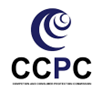
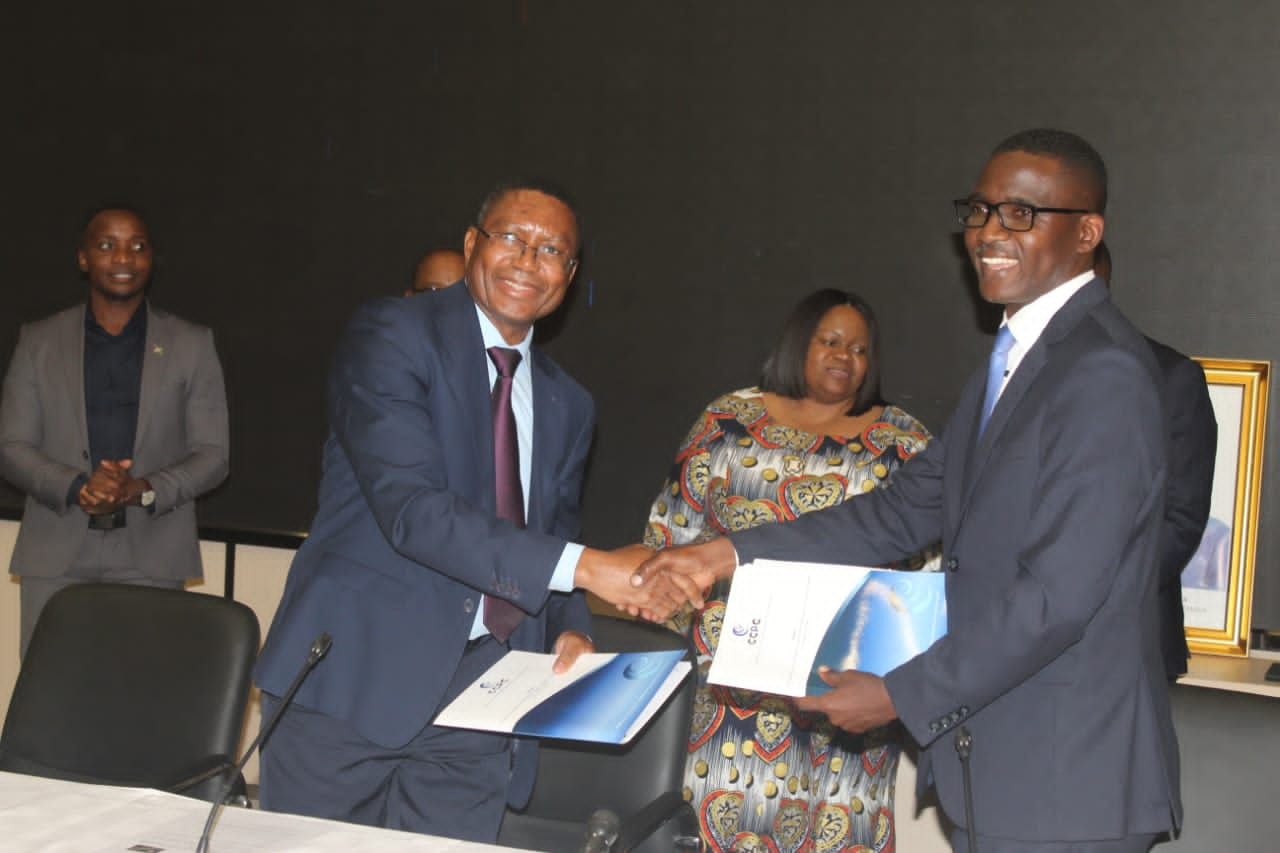
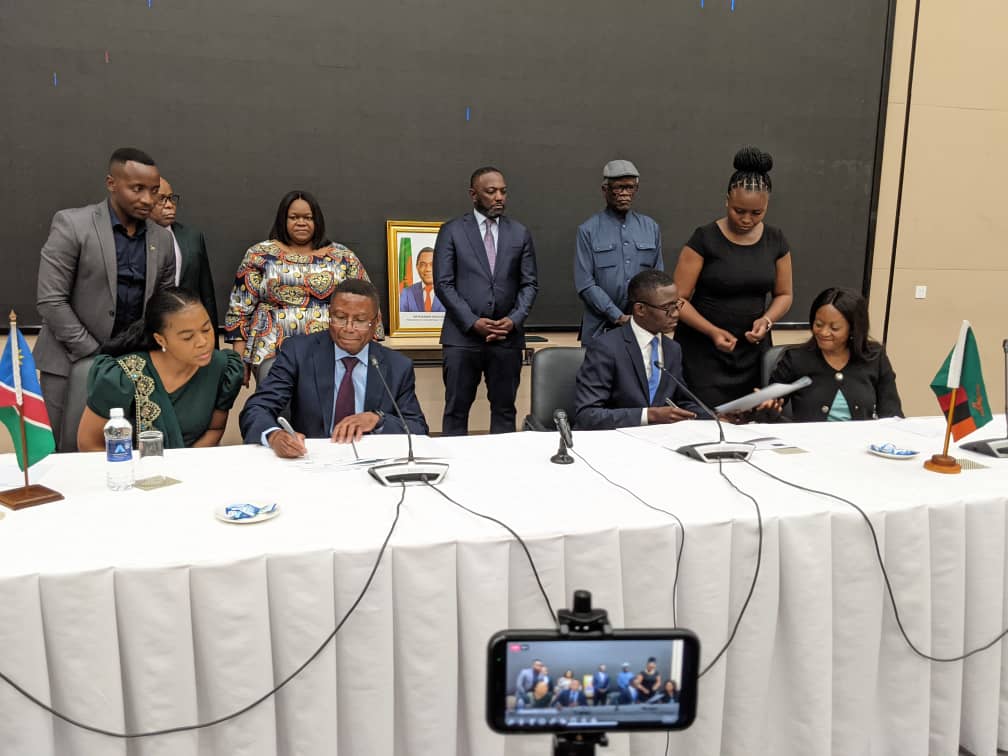

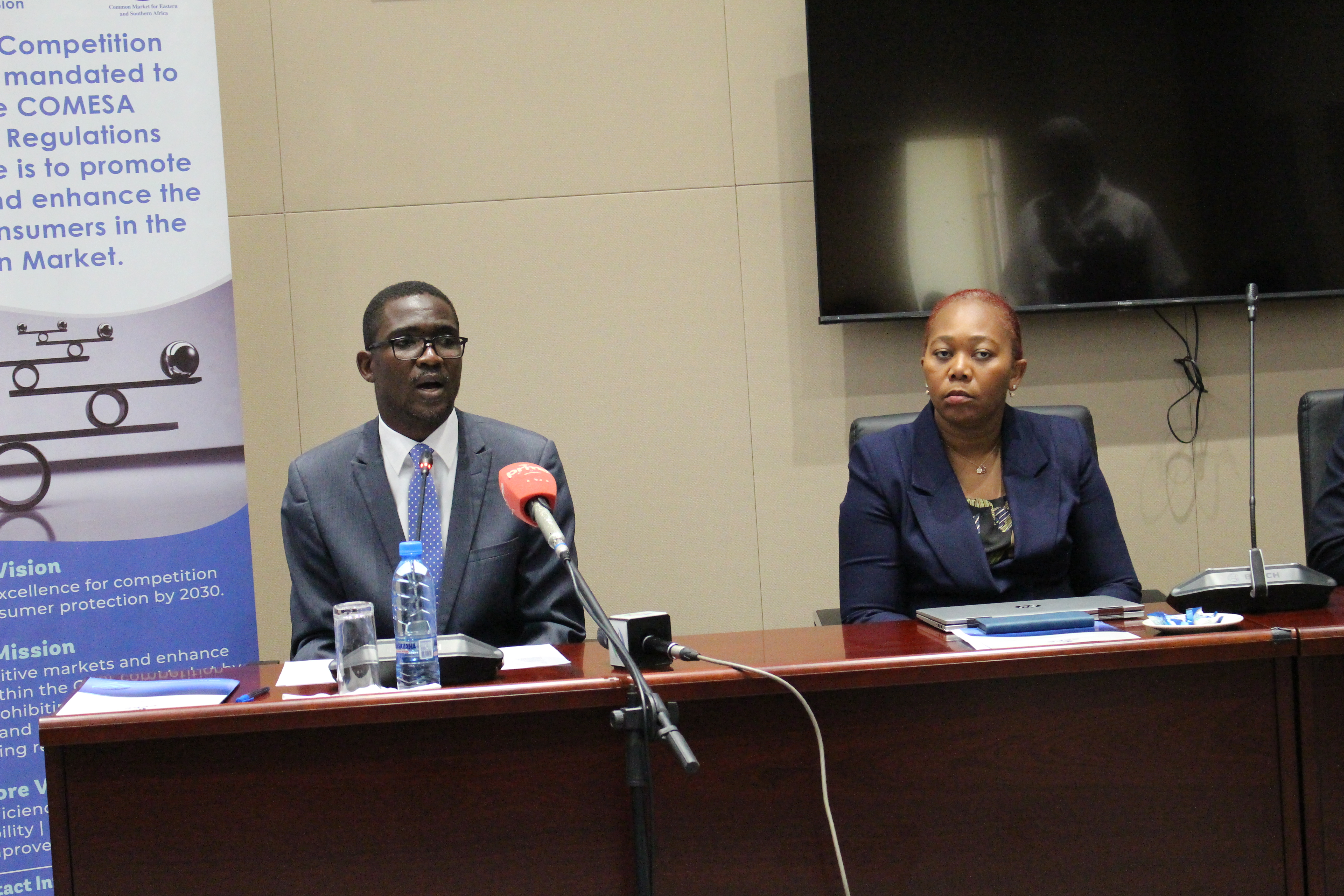
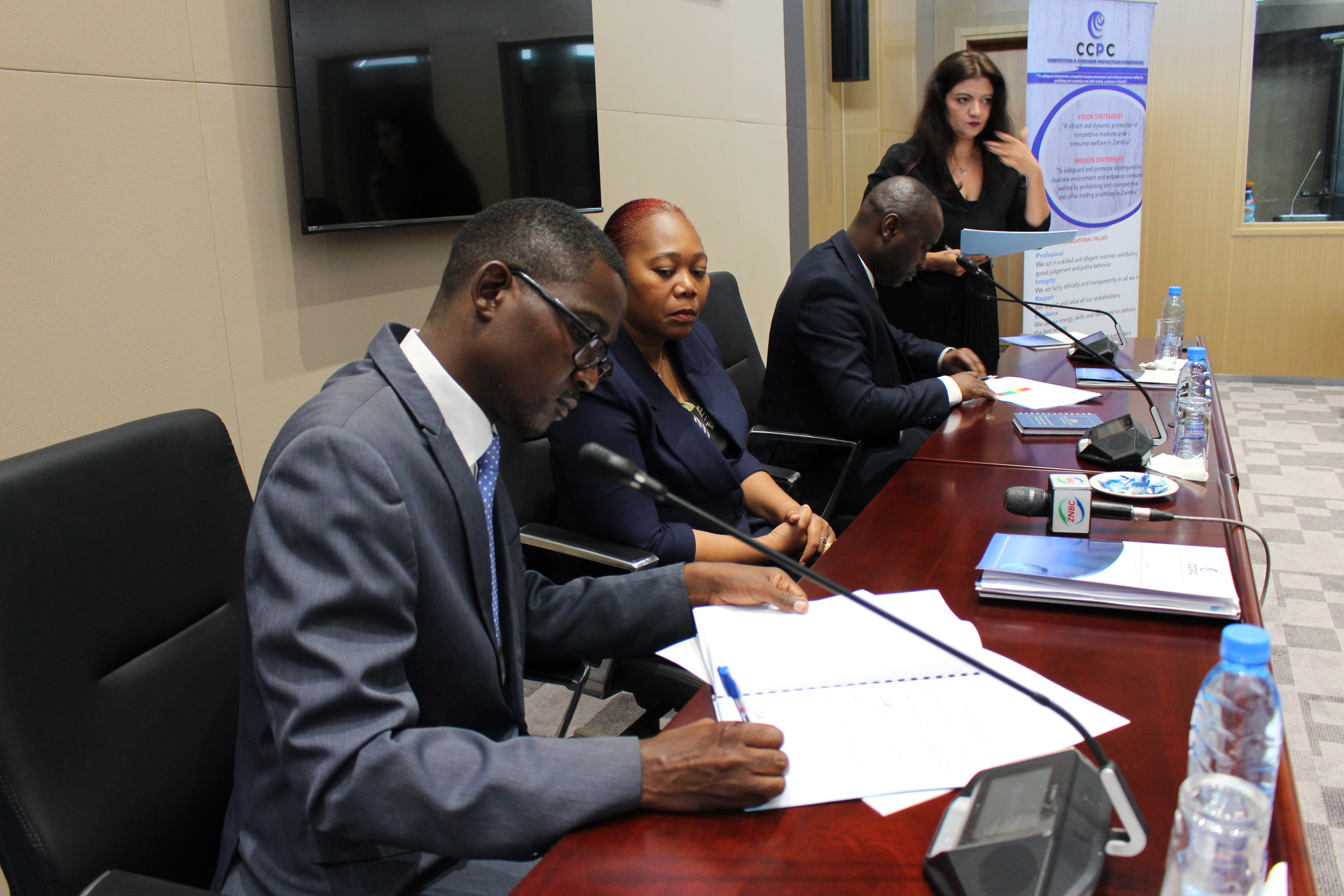
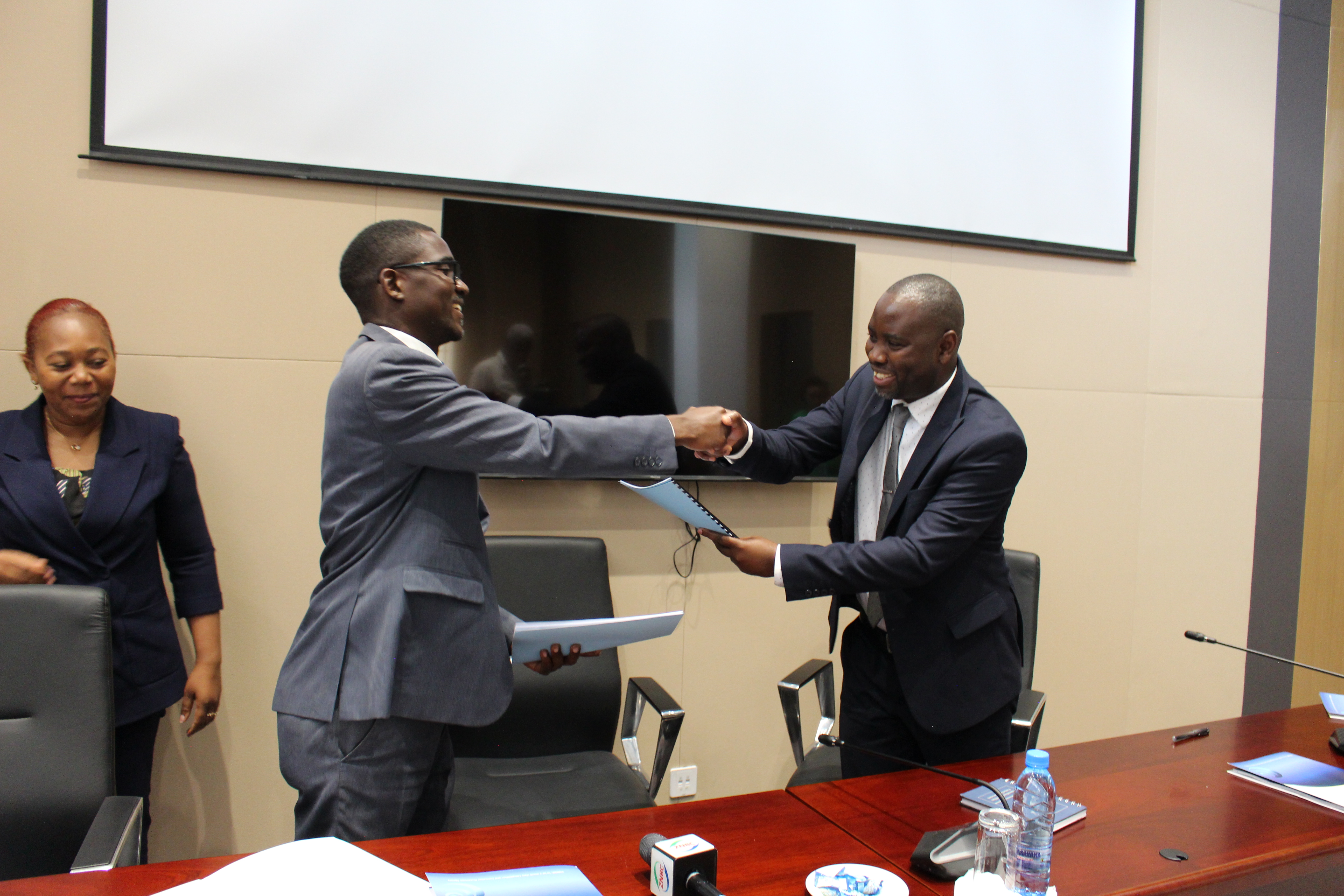
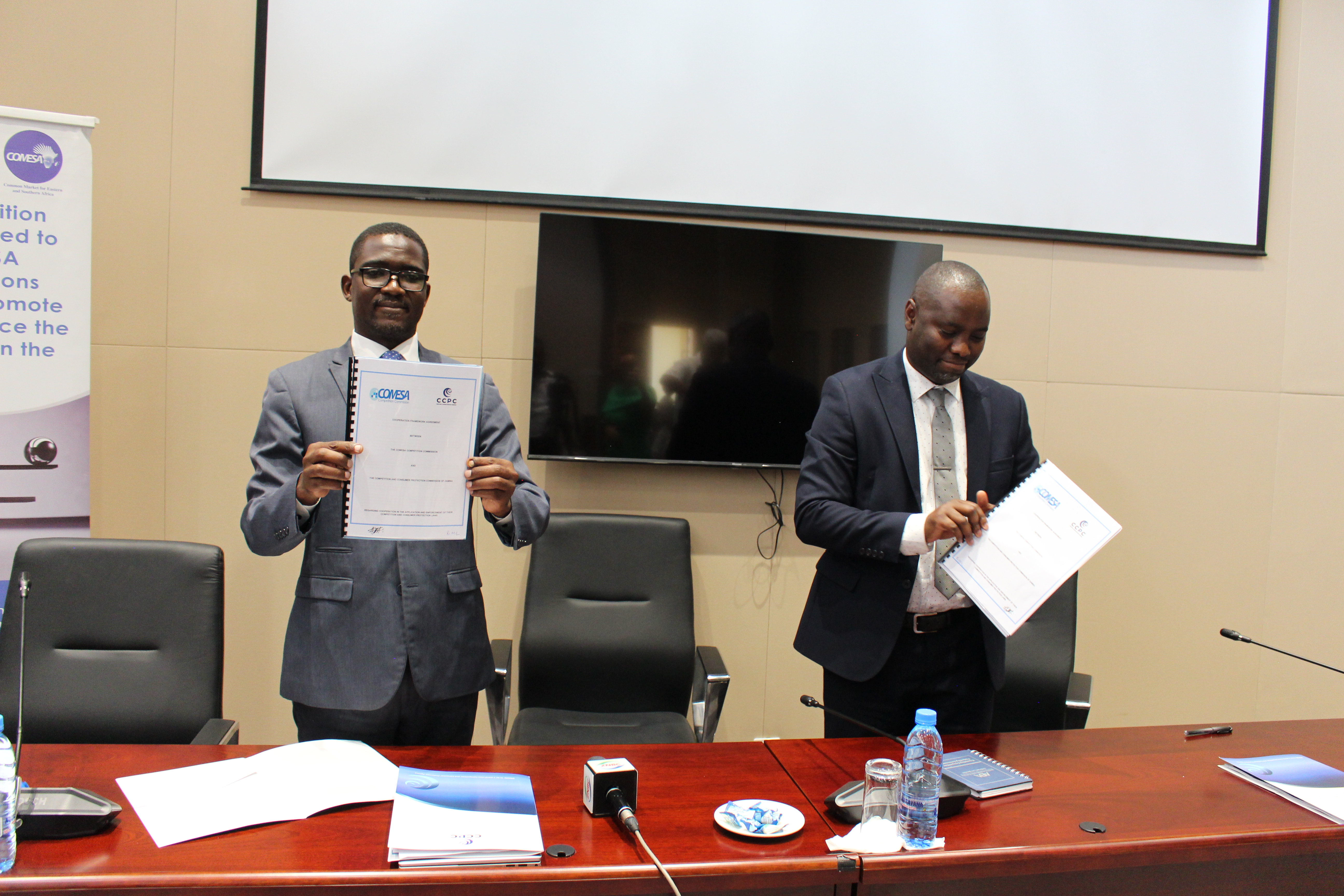
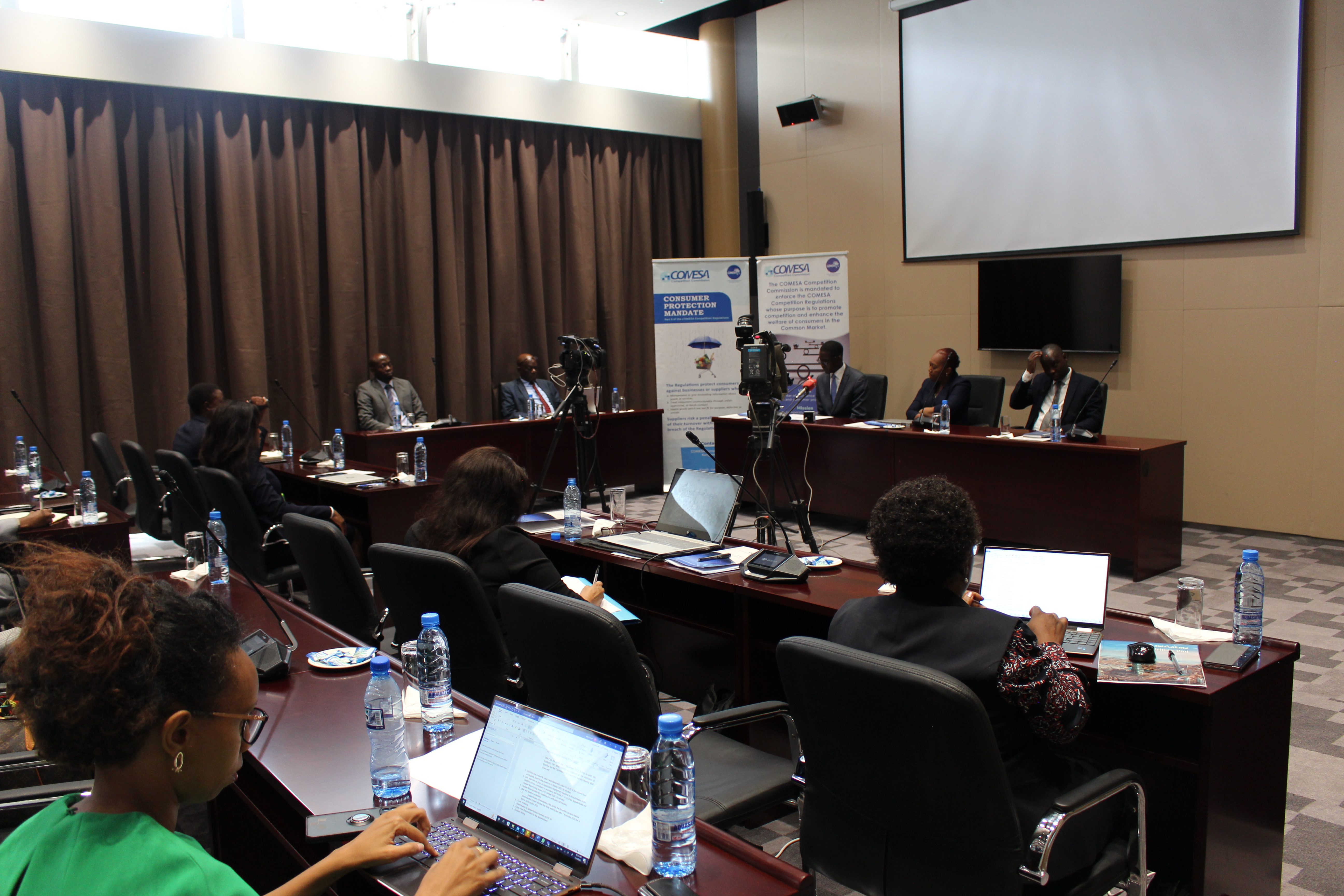

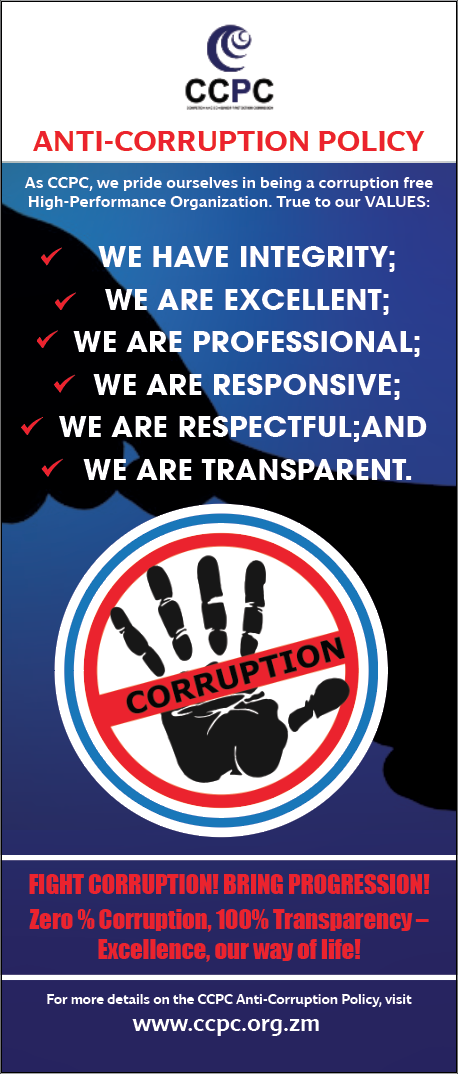
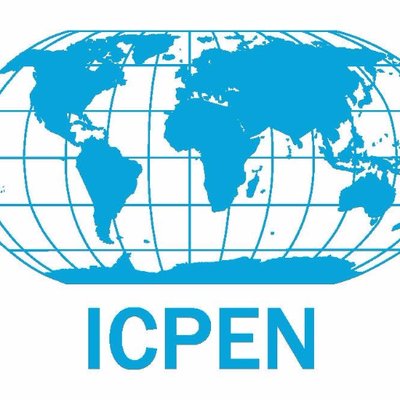 International Consumer Protection
International Consumer Protection